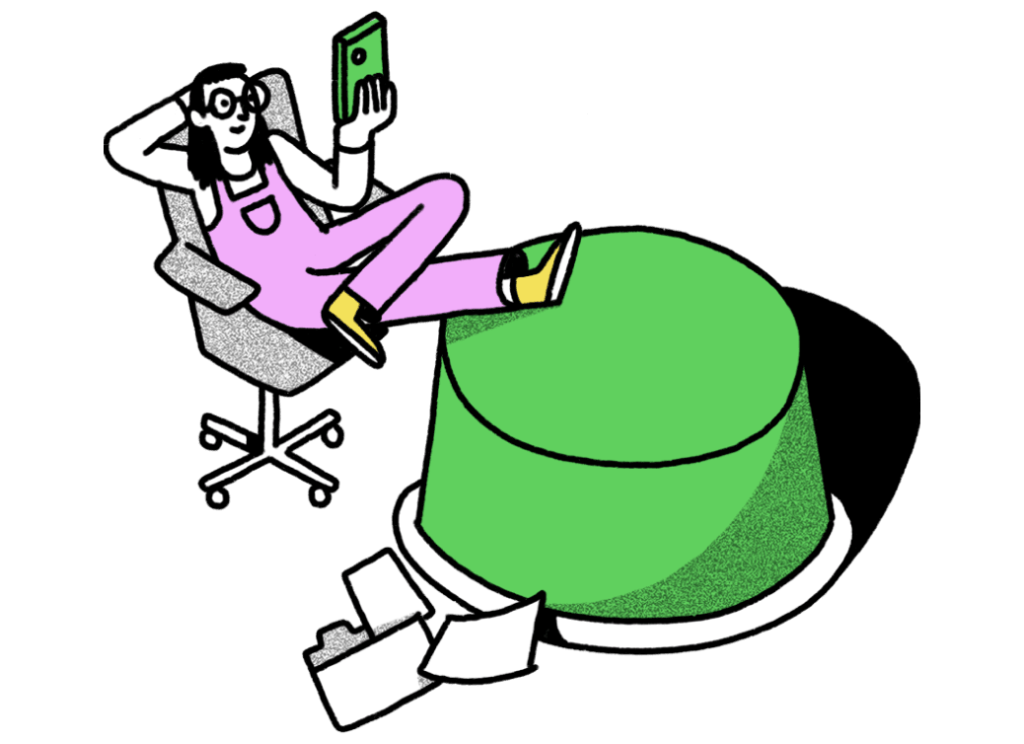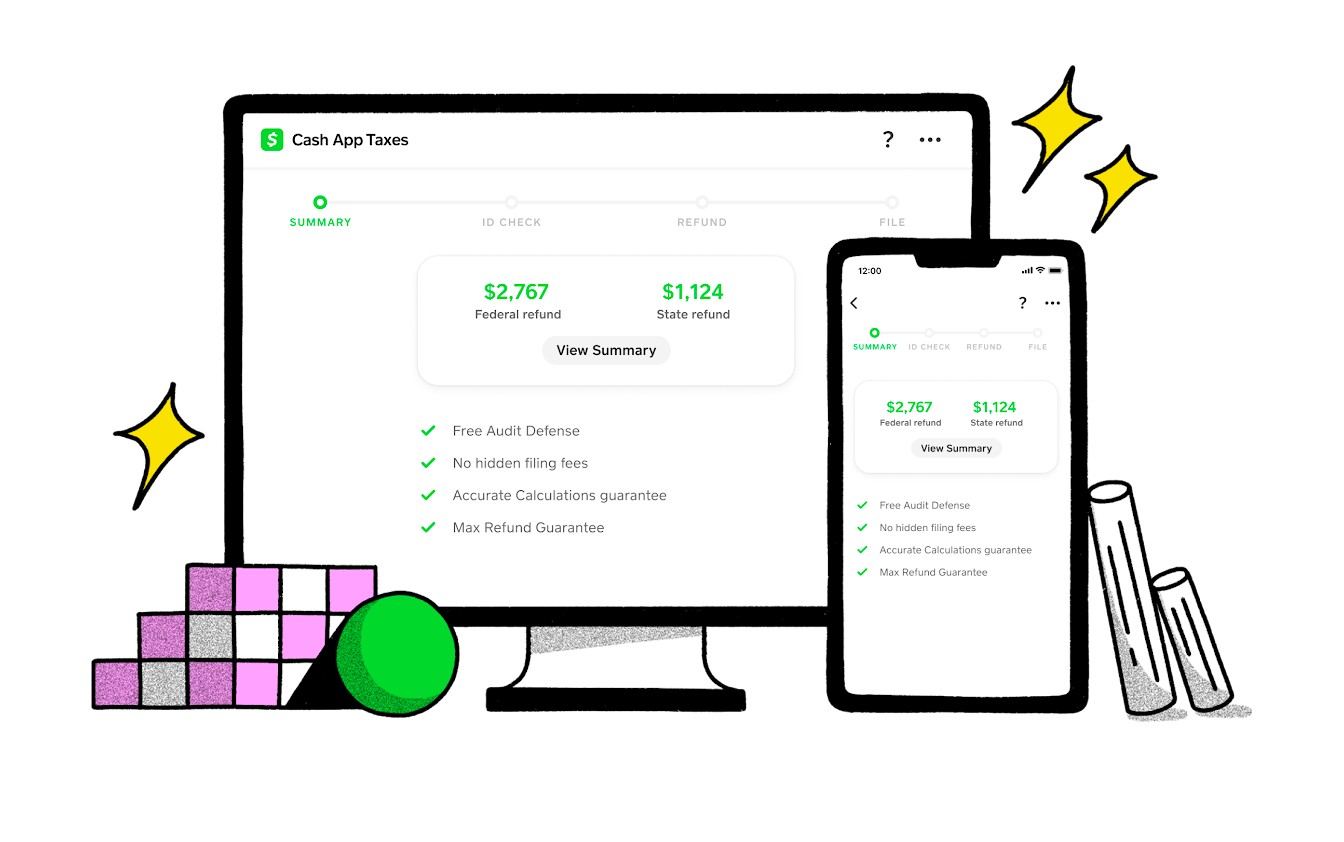CashApp is a mobile payment service that allows users to send money to friends and family in just a few taps on their phones. The company also provides a feature called “Taxes” which is designed to help users avoid paying any unnecessary tax costs while sending money to someone else.
When you do decide to transfer funds from your bank account to another person, it will prompt you for whether you want to pay the recipient’s state income tax. It does this by asking if the person receiving the money wants to claim the full $10 fee as a deduction or not. In other words, the user can choose to either give the entire amount or none of it.
If you select to give all ten dollars, this means that the total cost of transferring the money to your friend or relative would be $20.
Will I Be Taxed for Cash App?
Many people use apps like the Cash App to send money to their family members. Unfortunately, many of these transactions can result in taxes. If you want to know whether you’ll have to pay any taxes, you need to read this article.
It’s important that you understand how the IRS views the tax implications of using a mobile payment system. According to the IRS, the following situations will cause you to owe additional taxes:
If your transaction involves more than $10,000 in total purchases. This means that you should avoid sending large amounts of money through the app.
If you’re exchanging funds with someone who isn’t your immediate family member (like a friend). The IRS considers exchanges between non-immediate relatives to be taxable income.
You may also face a 10% federal excise tax on each transfer.
In addition, you could be subject to state and local sales taxes. You can find out if there are any additional fees by contacting the company that provides your service.
Is Cash App Reported to IRS?

If you use the online service known as Cash App, then you might be interested in reading this article. Here, you can learn more about the taxes that you need to pay when you make purchases using the platform.
When you buy things on the internet, most of the time, the company will send you a bill. This means that you’ll have to pay sales tax, depending on where you live. If you’re wondering how much sales tax you should expect to pay, then you can check the website of the state in which you reside. You can also contact your local government office to find out exactly what you owe.
But, there’s another type of tax that you should know about. That is the so-called “use” or “transaction” tax. When you purchase items on the internet, you’ll usually receive a bill that includes the total amount of money that you spent. But, if you want to avoid paying this kind of tax, you should read the terms and conditions carefully before you sign up for an account.
Does the Government Track Cash App?
In recent years, the popularity of mobile payments has grown tremendously. As more people use their phones to pay for things, the need to know how these transactions are tracked by the federal government is becoming increasingly important.
When you make a payment through your bank account, the transaction goes directly from the merchant’s point of sale to the bank that issued your debit card. The same thing happens when you make a purchase using Apple Pay, Google Wallet, Venmo, Square, PayPal, or other similar services. However, the Federal Reserve does collect data on all of the transactions made with these apps.
This information is used to determine whether any of the companies are breaking the law. If the company is found to be violating the rules, then it will face fines and penalties. In addition to this, the company may lose its license to operate in certain areas.
If you’re interested, you can read the full article at https://www.digitaltrends.com/mobile-phone-news/cash-app-taxes/.
What Is the $600 Tax Rule?
If you’re wondering how much money you need to have in your account to avoid paying taxes on your earnings, then here’s the answer. You should make sure that you don’t keep more than $600 in your Cash app account at any given time.
You might be thinking that this doesn’t sound like a lot of money. However, you’ll want to remember that you could end up losing all of it. This means that you won’t be able to access the funds until you’ve paid the IRS back. And since they can take anywhere from three months to six years to get their hands on the cash, you could easily lose everything.
In order to prevent yourself from getting into such a situation, then you need to make sure that you never let your balance drop below the $600 threshold. If it does happen, then you’ll need to contact your bank and ask them to freeze the amount.
Can You Trust Cash App Taxes?
If you’re looking for ways to save money, then you might be interested in using a mobile application. If you have ever used a smartphone before, then you know that these applications make it easy to manage your finances from anywhere.
One of the most popular apps in the world is the cash app. This app allows you to transfer money between different accounts. You can also send payments through the internet, and you don’t even need to use a bank account.
However, you should always check with your financial institution to ensure that you understand how the tax rules apply. For example, you may receive a payment, but you won’t actually get any money until the following year. That means that you’ll owe back taxes, and you could end up paying more than you would have otherwise.
You shouldn’t worry about this type of thing. Just keep in mind that it’s important to do your research.
How Much Cash Can You Make Before You Have to Claim It?
Many of us use apps like CashApp to get money. However, many of these apps charge a fee on top of the amount that you receive. This means that you need to be aware of how much tax is being taken from your earnings.
If you’re using an app, you’ll want to check to ensure that you understand exactly what the fees are. You should also look at the taxes that you pay when you withdraw any money. If you don’t know anything about this, then you may end up paying more than you expected.
This can happen because you might not realize that you could earn a higher rate of interest by depositing the funds into a bank account rather than withdrawing them. The rates on deposits tend to be lower than the rates on withdrawals.
You should always keep track of your earnings and expenses so that you can figure out just how much you owe in taxes.
The best way to do this is by setting up an online accounting system. This will allow you to monitor all of your transactions.
Does the IRS Know How Much Money I Have in the Bank?
If you use cash app to pay your bills, you might be wondering whether or not the government knows how much money is in your account. The answer to this question depends on the type of tax that you owe. If you’re a business owner, you need to file taxes for both personal and business income.
You also need to report all of the expenses that you incur when you run your own company. For example, you’ll need to record the cost of office supplies like paper, pens, and computers. You will also need to list the amount that you spend on advertising.
In addition, you should keep track of any other costs that you incur when you work for yourself. This includes things such as travel, insurance, utilities, and more.
When it comes to paying your taxes, you can either do so by filing your returns with the IRS or you can simply make payments online through their website.
Will Cash App Be Taxed in 2022?
If you’re thinking of opening a new business account, then you might want to consider using the online banking service known as “cash app.” This is an excellent option for people who have no credit cards. However, there’s one big problem with this type of bank account. If you use the services offered by cash app, you’ll likely end up paying taxes on your earnings.
In order to understand why you need to pay income tax, it helps to know how the IRS calculates the amount that you owe each year. The first step is to figure out what you earned. You can do this by looking at all of the money that you spent on things like rent, groceries, and utilities.
Next, you should subtract any amounts that you paid to your employer in the form of wages or salaries. Finally, you should add the value of your assets, such as your car or your house.
Now that you’ve figured out what you made from your work, you can look at the total.
Why Does Cash App Want My SSN?
If you’re using the mobile application known as “cash app,” then you might have noticed that it asks you to enter your Social Security Number (SSN). However, this isn’t just a random request. There’s actually a very good explanation for why they need this information.
First of all, let me explain how the system works. When you sign up for an account with cash app, you’ll be asked to provide certain personal details. The first thing you will need to do is create a username and password. Then, you’ll also be prompted to enter some basic contact info, such as your name and email address.
After that, you’ll be asked for more detailed information, including your full name, home address, phone number, date of birth, gender, marital status, occupation, employer, relationship status, income, and the amount you’d like to deposit. Once you’ve entered this data, you can then choose to link a bank account or debit card.
How Much Can You Make on a 1099 Before You Have to Claim It?
If you’re a freelancer, you might be wondering how much you can earn without paying taxes. This is especially true if you work for yourself.
There’s no doubt that freelance workers get paid less than employees. However, there are also some ways to increase your earnings. For example, you could try to negotiate higher rates with clients.
You should also consider working more hours. If you want to make the most money possible, then you need to put in as many hours as you possibly can.
Finally, you should always keep careful records. You’ll need them when it comes time to file your tax returns.
This is why it’s important to know whether you’re required to pay income taxes.
Here are a few things that you need to know.
First, you don’t have to pay federal income taxes until you’ve earned at least $400,000 per year. However, you do have to declare all of your earnings on a form known as Form W-2.

